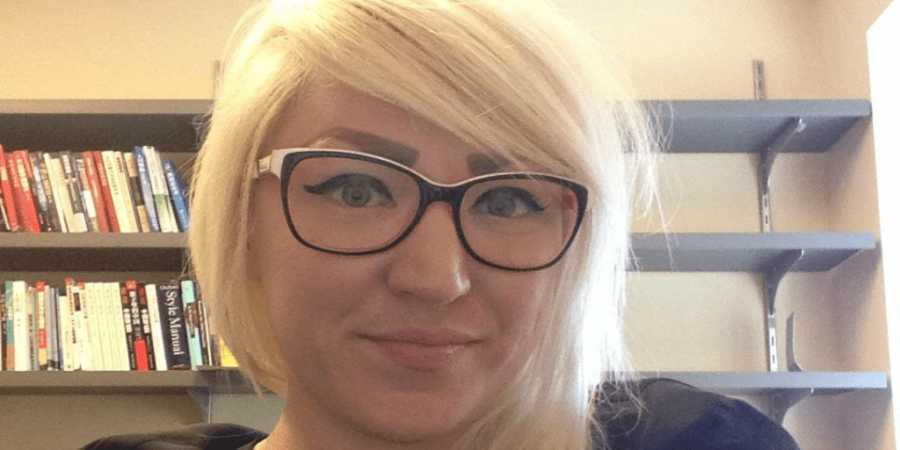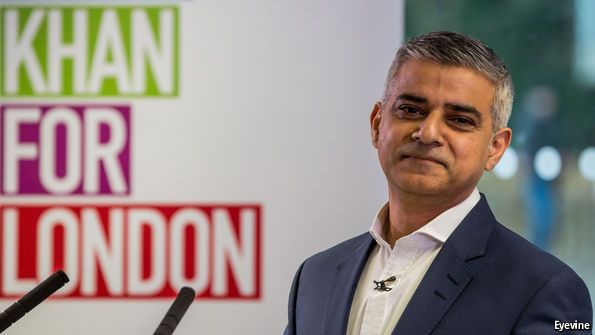The much anticipated conclusion to the wildly popular podcast, Serial, was released yesterday morning – and it was flat. As listeners we knew that this “one story, told week by week,” was also being written week by week as new information came to the attention of the producers. There was a reasonable expectation that the ending would not be wrapped up in a nice and neat bow. However, the ending did not succeed in taking proper stock of what we know, as it’s titled suggested. Indeed, it seems the thread of the story was starting to slip several episodes before the end, with explorations of irrelevant details, like checking if Adnan stole money from the mosque as a teenager.
Serial was an experiment and a renaissance of serialized non-fiction, a form of storytelling that had been done in literature and on radio. How did Serial hold up in terms of it’s storytelling power and it’s investigative reporting? Some say it was great storytelling and shoddy reporting, others say it’s exactly the other way around.
By the numbers, the podcast was an instant hit – its immense popularity evident with millions of listeners from around the world. Thanks to listener contributions, we will have a second season of Serial sometime in 2015. Two things set Serial apart: the producers leaving the story open-ended and the intensity of listeners’ response. The case was treated like other stories, as a form of entertainment that could be dissected based on how interesting or non-interesting it was. This has raised an ethical dilemma of finding a story addictive when it comes to someone’s life. It made us aware of our privilege in demanding a good story when this was about real people and intimate and tough details about their lives.
Serial was unusual in its ‘radical transparency’ in exposing the machinery of investigative journalism. As listeners, we were privy to Sarah Koenig and her team’s exhaustive pursuit of details and mulling over of facts. Yet, it often felt like Koenig became mired in the details and lost the sight of the bigger picture: the question of whether Adnan was guilty for the death of Hae Min Lee? In the final episode, this question remains unanswered and we are left with another – what was this story really about?
Based on who you ask, it was about a number of different things. As mentioned before, it was about exploring a form of storytelling and about the process of investigative reporting. It was also about racial biases and cultural stereotypes. As American Muslims, the spectre of anti-Muslim prejudice was a looming concern for us from the start of this podcast. There’s always a question of whether stereotypes are at play when it comes to high-intensity situations, particularly the investigation and trial of a homicide case. And in a case involving a Muslim man accused of killing his ex-girlfriend, we wondered when stereotypes about Islam-and-gender would pop up.
And yet, it took us 10 episodes into Serial to address whether and how much anti-Muslim prejudice played a role in Adnan Syed’s case. Likely in response to several articles raising critiques about White reporter privilege, Koenig gives more airtime to the question of whether racism placed Adnan in jail. Koenig, by the way, doesn’t believe that it does:
“The notion that the cops and prosecutors in this case were driven by anti-Muslim feeling, by racism, and by racism alone—that, I felt very hard to believe. And I still don’t believe that, by the way.”
Koenig also seemed surprised when Deirdre Enright, head of the Innocence Project Clinic, suggested that racial biases might have affected the investigation and the case. Adnan’s case was also demonstrative of the problems in the criminal justice system. As Anita Sinha points out, “The fact that Koenig identifies how racial and cultural stereotypes were present in Adnan’s case but then dismisses this as ‘casual’ is frustrating and troubling… Prejudice in the U.S. incarcerates and kills people of color at disproportionate rates.” While we tuned in to Serial, we also watched these issues play out in real time with the grand jury decisions in the deaths of Michael Brown and Eric Garner and the subsequent protests around the world. By virtue of its timing, Serial resonated with the current national discourse about racial profiling, reliability of prosecutors and witness testimony and grand juries, and rethinking who qualifies as suspicious and why.
For us, Serial was not an entertaining story, it was a story that needed to be told. Adnan’s case was a narrative that illuminated the deeply entrenched problems in our criminal justice system and how prejudice is not casual. Rabia Chaudry hoped that by bringing Adnan’s case to the media, the truth could be uncovered by reporters who have greater access and resources, and Adnan could be exonerated. While a great deal of information was unearthed, the evidence became secondary to scrutiny and ruminations on Adnan’s character. In the end, this undermined not only the strength of the narrative and of the investigation, but pained Adnan’s loved ones. What we are left with is Koenig’s assurances that this was an unusual story and thus worth our time listening to. We would rather be left with the assurance that the investigation did all that it could to arrive at the truth, elusive as it may be.
Firdaus Arastu is an Assistant Editor at altMuslimah.




